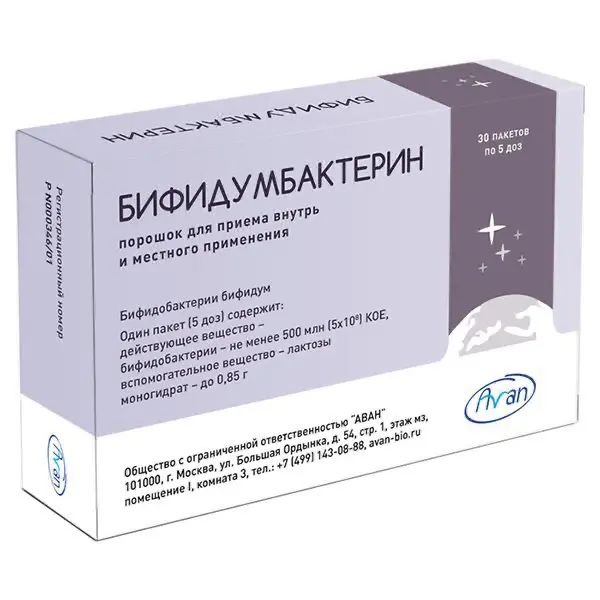Description
Ulblock Pharmacodynamics
Mechanism of action
Rabeprazole belongs to the class of antisecretory agents, benzimidazole derivatives. Suppresses gastric juice secretion by specific inhibition of H+/K+-ATPase on the secretory surface of gastric parietal cells.
Blocks the final stage of hydrochloric acid secretion by reducing basal and stimulated hydrochloric acid secretion, regardless of the nature of the irritant.
Possessing high lipophilicity, easily penetrates into the parietal cells of the stomach, concentrates in them, having cytoprotective effect and increasing the secretion of hydrocarbonate.
Antisecretory action after oral administration of 20 mg of rabeprazole, occurs within 1 hour, reaching a maximum after 2-4 hours. Inhibition of basal and food stimulated secretion of hydrochloric acid in the stomach in 23 hours after the first dose of rabeprazole is 62% and 82% respectively, and lasts up to 48 hours. If rabeprazole is discontinued, secretory activity is restored within 1-2 days.
Effect on plasma gastrin concentration
The results of clinical studies in which patients received 10 or 20 mg of rabeprazole daily for 43 months showed that during the first 2-8 weeks of therapy with rabeprazole, plasma concentration of gastrin increases (which is a reflection of the inhibitory effect on hydrochloric acid secretion) and returns to initial concentrations 1-2 weeks after its withdrawal.
Effect on enterochromaffin-like cells
No sustained changes in the morphological structure of enterochromaffin-like cells, in the severity of gastritis, in the frequency of atrophic gastritis, intestinal metaplasia or the spread of Helicobacter pylori infection were found during rabeprazole administration.
Other effects
No systemic effects of rabeprazole with respect to the central nervous, cardiovascular or respiratory systems have been detected at this time. It has been shown that rabeprazole at an oral dose of 20 mg for 2 weeks has no effect on thyroid function, carbohydrate metabolism, blood concentration of parathyroid hormone as well as on the concentration of cortisol, estrogen, testosterone, prolactin, glucagon, follicle stimulating hormone, luteinizing hormone, renin, aldosterone and somatotropin hormone.
Indications .
Symptoms of dyspepsia associated with increased gastric acidity, including symptoms of gastroesophageal reflux disease (heartburn, acid reflux).
Contraindications
– Hypersensitivity to rabeprazole, substituted benzimidazoles or excipients of the drug;
– pregnancy, breast-feeding (see section “Administration during pregnancy and breast-feeding”);
– children under 18 years of age;
– Sucrose/isomaltase deficiency, fructose intolerance, glucose-galactose malabsorption.
Caution:
Severe renal insufficiency, severe hepatic insufficiency.
Dosage and administration
- Orally, swallow the capsule whole, without chewing. It was found that neither time of day nor simultaneous meal affects rabeprazole activity.
- Take 10 mg once daily.
- If there is no effect during the first three days of taking the drug, specialist examination is required.
- The maximum course of treatment without physician’s consultation is 14 days.





